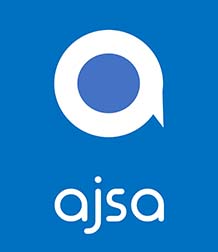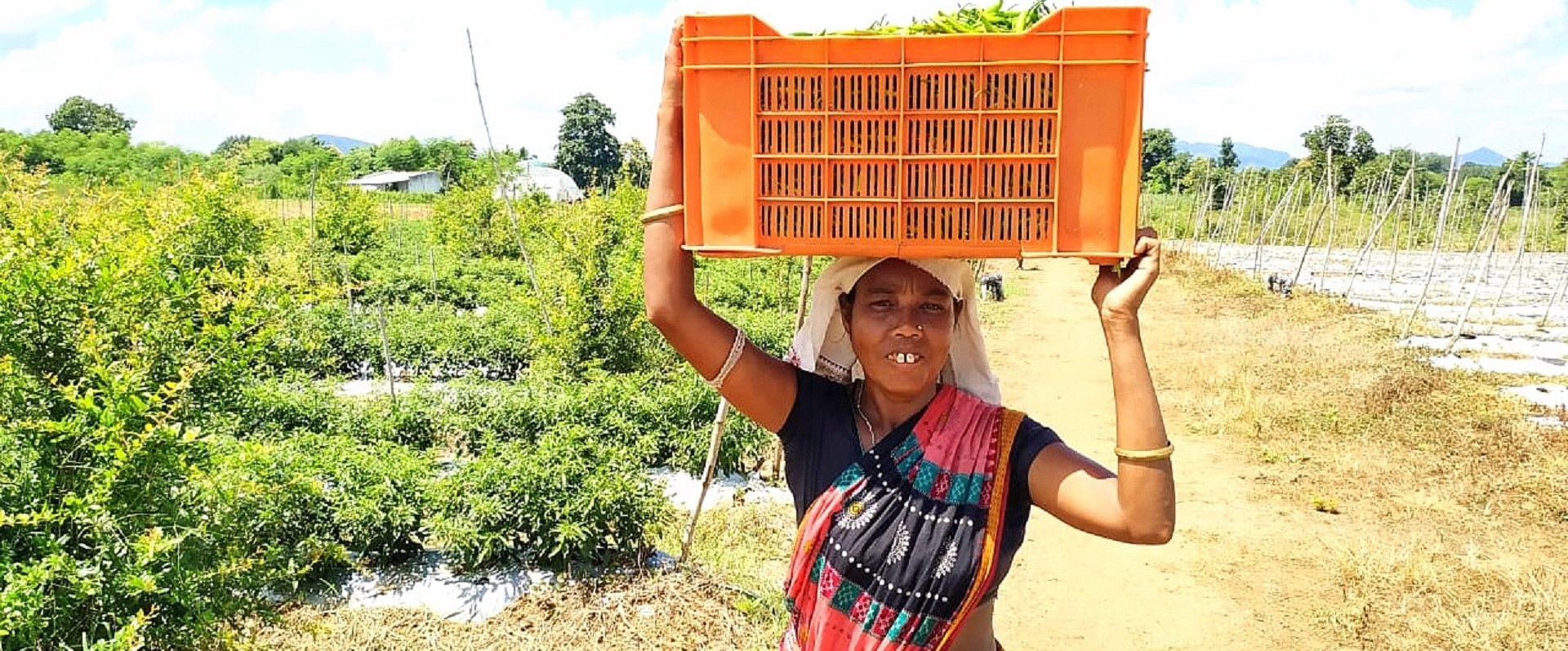Kalahandi tends to become quite hot and dry during the summer season. Approximately 70% of the population in the region are small and landless farmers and are primarily dependent on farming for their livelihood. Some also depend on forest products and dairy animals like goats and sheep, however, it is not enough to sustain the whole family. During summers, many face the issue of lack of employment opportunities and hence have to resort to distress migration.
Under the supported programme of BRLF, AJSA focuses on reducing poverty by improving their livelihood condition through sustainable agriculture growth and diversified livelihood options. APC is a self-regulated farmers producers organisation that synchronizes the production of a common basket of commodities/crops to create a marketable surplus and build an eco-system to provide various services required for the farmers in a sustained manner.
- The project aims to create sustainable livelihoods for 3000 poor tribal & ultra-poor households through various farm based and livestock rearing interventions.
- Sustainable and productive livelihood assets are being created through converging relevant schemes from departments, with an aim to secure livelihoods marginal farmers in the project areas.
- Thus, emphasis on farmers skill development on package of crop practices, farm mechanization, creation of irrigation infrastructure, storage system and creation of marketing system at the local level are key highlights of the project
- The women farmers have selected climate resilient crops (Winner Crops) having high market demand, small holder suitability and agro climatic compatibility and practice synchronized production.
- Adoption of Climate resilient livelihood models agro-ecology development (prevents degradation), life cycle-based micro-water resource harvesting and create opportunities for carbon credits.
 En
En
 Fr
Fr
 Ge
Ge
 It
It






























